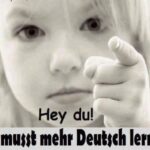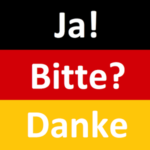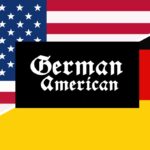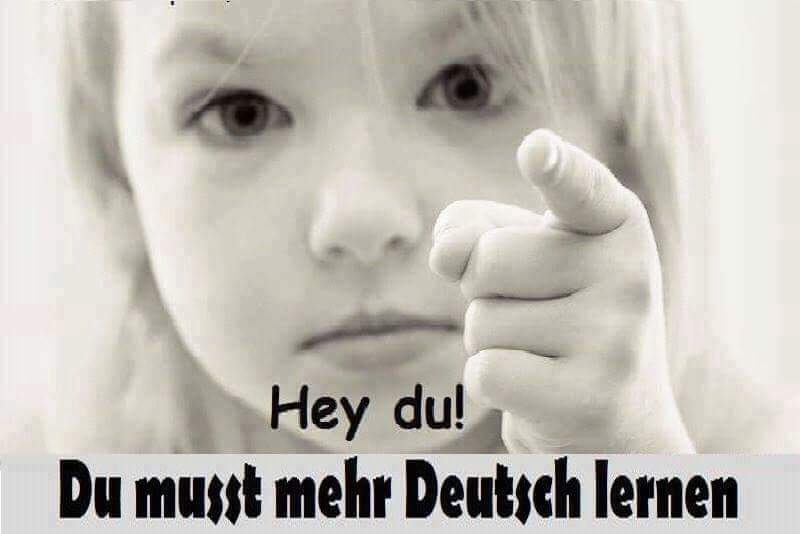
The German language, known natively as Deutsch, is an Indo-European language and part of the larger West Germanic family that includes English and Dutch. It is primarily spoken in Germany, Austria, Switzerland, Luxembourg, and Liechtenstein, and has around 95-100 million native speakers worldwide. It’s one of the major languages of the European Union and the most widely spoken first language in the EU.
Historical Development
The evolution of the German language is traditionally categorized into three phases: Old High German (OHG), Middle High German (MHG), and New High German (NHG). The Old High German phase (circa 750-1050 AD) represented the earliest form of the language, heavily influenced by the West Germanic dialect continuum. During the Middle High German period (1050-1350), the language developed significantly, mostly documented in religious texts and epic poetry, like the Nibelungenlied. The New High German period began around the 14th century, characterized by a standardization process that led to modern Standard German.
Dialects and Varieties
The linguistic landscape of the German language is diverse, with a wide variety of dialects influenced by regional, social, and historical factors. High German dialects, which developed in the southern highlands, are often differentiated from Low German dialects in the flat northern regions.
Among these dialects, Swiss German, Bavarian, and Swabian are some of the most distinctive. There are also several recognized minority languages and dialects in Germany, including Sorbian, Frisian, and Danish. Moreover, in regions like South Tyrol in Italy, Alsace in France, and parts of Eastern Europe, local variants of German are spoken.
Structural Features
The German language is known for its complex grammatical structure. It features four noun case endings (nominative, accusative, dative, and genitive), three genders (masculine, feminine, and neuter), and a strong-weak adjective declension system. Verbs are conjugated based on person, number, tense, and mood.
Another distinct feature of German is compound noun formation, wherein separate words are combined to create new words. For example, the German word “Kraftfahrzeughaftpflichtversicherung” is a combination of words meaning “motor vehicle liability insurance.”
Influence and Importance
German is a key language in academia and scholarship. Until the early 20th century, it was the primary language of science, literature, philosophy, theology, and many other fields. Even today, knowing German can be crucial in certain fields, such as physics, philosophy, and music, reflecting Germany’s historical and ongoing contribution to global arts and sciences.
Many significant works of literature, from Johann Wolfgang von Goethe‘s “Faust” to Franz Kafka’s “Metamorphosis,” were originally penned in German, giving the language a prominent place in world literature. Similarly, German philosophy, represented by luminaries like Kant, Nietzsche, and Marx, has had a profound influence on global thought.
The German language is also an important factor in the cultural and economic life of Europe. It is the most widely spoken language in the European Union, and Germany’s strong economy makes German a valuable language for business.
From its historical evolution to its modern significance, the German language is a robust linguistic tradition, embodying the culture, philosophy, and scholarly heritage of the regions where it is spoken. Despite its complex grammar and dialect diversity, learning German opens doors to a rich literary world, a philosophical tradition, and an economic powerhouse, making it a language of considerable global relevance.
Related articles:
The Evolution of the German Language
Exploring the German Language Dialects
Basic German Phrases for Travelers
Essential German Phrases
Overcoming the Hardest Part of Learning German
 12 Food-Related German Idioms - These expressions will have your mouth watering! It’s impossible in one article to discuss all the idioms in German that refer to food. But we can look at some of the most common ones with the literal translation and the meaning. 1. Er glaubt, er bekommt eine Extrawurst Literally: He thinks he gets an extra […]
12 Food-Related German Idioms - These expressions will have your mouth watering! It’s impossible in one article to discuss all the idioms in German that refer to food. But we can look at some of the most common ones with the literal translation and the meaning. 1. Er glaubt, er bekommt eine Extrawurst Literally: He thinks he gets an extra […]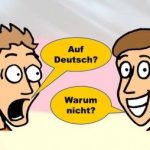 15 false friends in German for English Learners - German and English belong to the group of West Germanic languages and have many words with common language roots. Sometimes you can guess the meaning of the German word because it sounds almost like an English word. This makes learning German language a bit easier for English speakers but it can also create some confusion […]
15 false friends in German for English Learners - German and English belong to the group of West Germanic languages and have many words with common language roots. Sometimes you can guess the meaning of the German word because it sounds almost like an English word. This makes learning German language a bit easier for English speakers but it can also create some confusion […] 30 German Phrases to Maintain the Conversation - People are often a little afraid of getting into awkward situations where they have no clue how to express what they want to say. So, by learning how to express things such as your language level or how to ask for clarification and help with understanding or explaining, you can keep the conversation flowing and […]
30 German Phrases to Maintain the Conversation - People are often a little afraid of getting into awkward situations where they have no clue how to express what they want to say. So, by learning how to express things such as your language level or how to ask for clarification and help with understanding or explaining, you can keep the conversation flowing and […]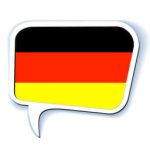 50 Common German Phrases That Are Hilarious in English - Although the German language may seem harsh and hard at first, it is filled with humorous expressions (many of them food-related). However funny expressions and phrases are at first, it’s definitely worth learning a few. See for yourself! German Phrase Literal English Translation Meaning Jetzt geht’s um die Wurst Now it goes around the sausage […]
50 Common German Phrases That Are Hilarious in English - Although the German language may seem harsh and hard at first, it is filled with humorous expressions (many of them food-related). However funny expressions and phrases are at first, it’s definitely worth learning a few. See for yourself! German Phrase Literal English Translation Meaning Jetzt geht’s um die Wurst Now it goes around the sausage […]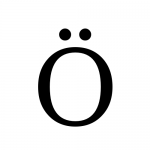 8 Facts About the Umlaut - The German alphabet consists of 26 characters plus 3 umlauts: ä, ö and ü. The two dots above the letters do not indicate an accentuation or emphasis of the syllable (as for instance accent-bearing letters in Spanish or French). Umlauts are used as independent characters in the German language. Whenever the use of umlauts is […]
8 Facts About the Umlaut - The German alphabet consists of 26 characters plus 3 umlauts: ä, ö and ü. The two dots above the letters do not indicate an accentuation or emphasis of the syllable (as for instance accent-bearing letters in Spanish or French). Umlauts are used as independent characters in the German language. Whenever the use of umlauts is […] Basic German Phrases for Travelers - Although most Germans do speak English and you will most likely be understood should you require any assistance, it is much appreciated if you make an effort and speak German. Here is a list of the most basic German phrases you should learn before your visit to Germany. Good luck! Related articles: Germany Exploration: Basic […]
Basic German Phrases for Travelers - Although most Germans do speak English and you will most likely be understood should you require any assistance, it is much appreciated if you make an effort and speak German. Here is a list of the most basic German phrases you should learn before your visit to Germany. Good luck! Related articles: Germany Exploration: Basic […] Common German Acronyms in Texting - Everyone is certainly familiar with short informal words that sprang up relatively recently across the English-speaking web, like LOL (“laugh out loud”), brb (“be right back”), idk (“I don’t know”), etc. German-speaking segment has lots of similar acronyms too: 8tung Achtung – watch out ads alles deine Schuld – all your fault akla? alles klar? […]
Common German Acronyms in Texting - Everyone is certainly familiar with short informal words that sprang up relatively recently across the English-speaking web, like LOL (“laugh out loud”), brb (“be right back”), idk (“I don’t know”), etc. German-speaking segment has lots of similar acronyms too: 8tung Achtung – watch out ads alles deine Schuld – all your fault akla? alles klar? […]
